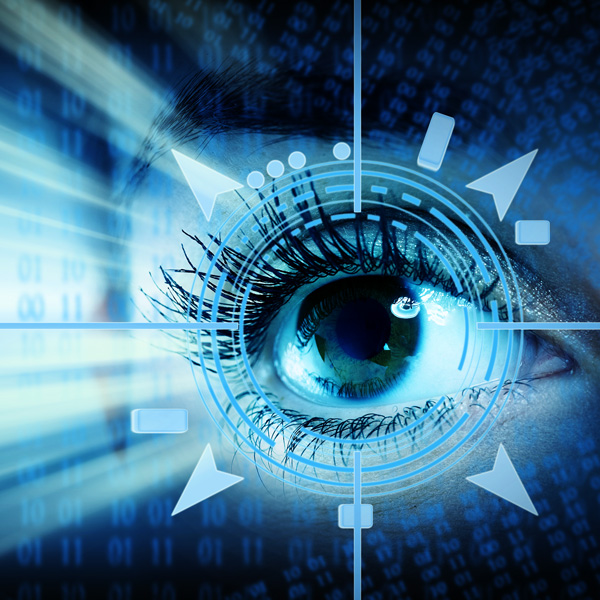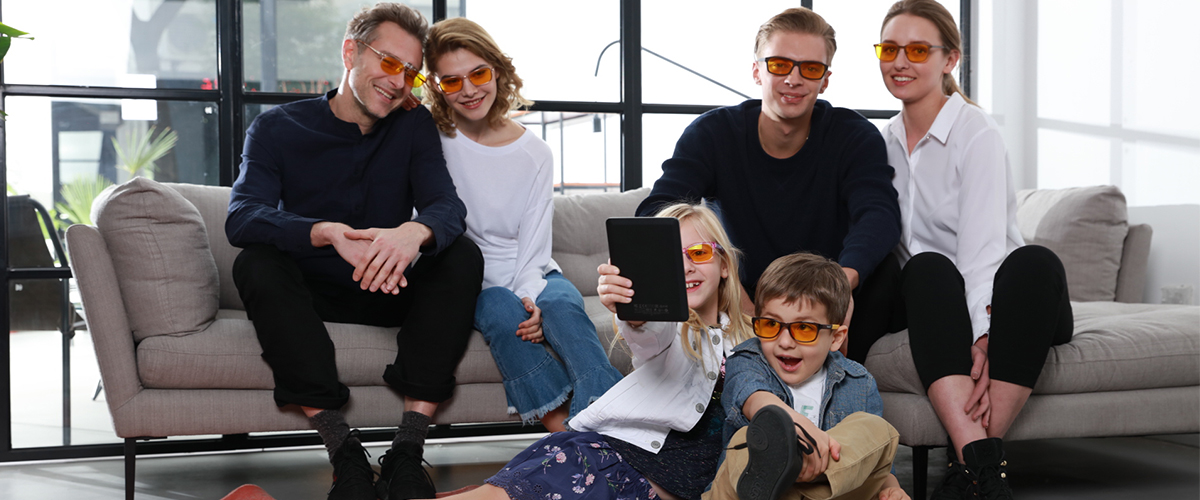
Blue light protection for elderly – is it necessary?
New studies show a connection between blue light and the development of cataracts. In today’s digital era, we are constantly surrounded by screens and modern

Screen glasses with blue light filters, which are recommended for working on a PC, would allegedly not offer much added value. This is the result of an overview study by the Cochrane Association, a research group from the University of Melbourne. This included 17 randomized controlled trials from six countries.

According to the study, the blue light filter integrated into the lenses would neither reduce eye strain nor improve the quality of sleep.
The fact that the blue light filters did not achieve any noticeable effects is probably mainly due to the fact that the glasses used in these studies do not filter out the entire light of the blue wave range, but only ten to a maximum of 25 percent! This does not even begin to capture the blue peak of an LED light source! See graphic.
For comparison, the filter properties are illustrated using the example of PRiSMA BluelightProtect EASY90 glass, which reduces the blue component by 90% and safely and completely removes the LED blue peak. And all this with excellent color rendering and high visual comfort!

The short duration of the studies used in the study, the longest lasting just five weeks, is another significant methodological shortcoming. Also, often only a few test subjects took part in them, and these in turn belonged to very homogeneous groups of people.
In view of the weaknesses identified in this review study, it can be concluded that its results are not of any major significance with regard to the actual benefit and effectiveness of blue light filters that live up to their name.
Study published on August 18, 2023: Blue-light filtering spectacle lenses for visual performance, sleep, and macular health in adults.
https://doi.org/10.1002/14651858.CD013244.pub2
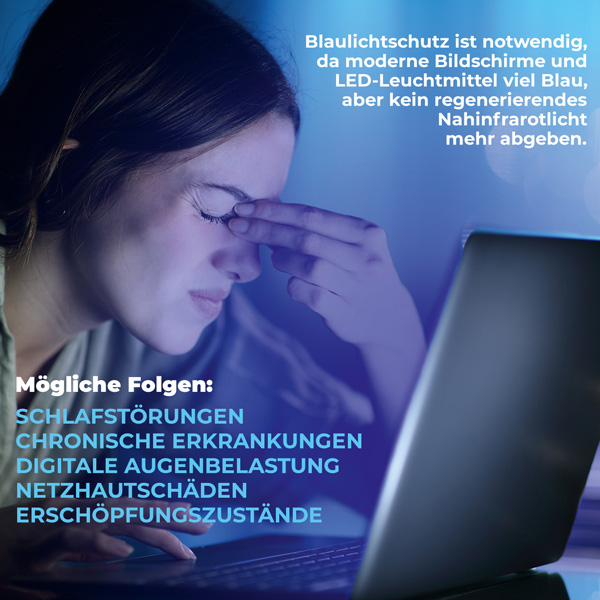



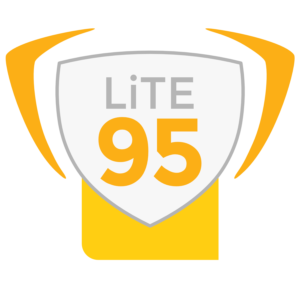



New studies show a connection between blue light and the development of cataracts. In today’s digital era, we are constantly surrounded by screens and modern

The PRiSMA® BluelightProtect LiTE95 filter glasses can be described as the UNIVERSAL filter with a true 95% blue light filter rate in the 400 to
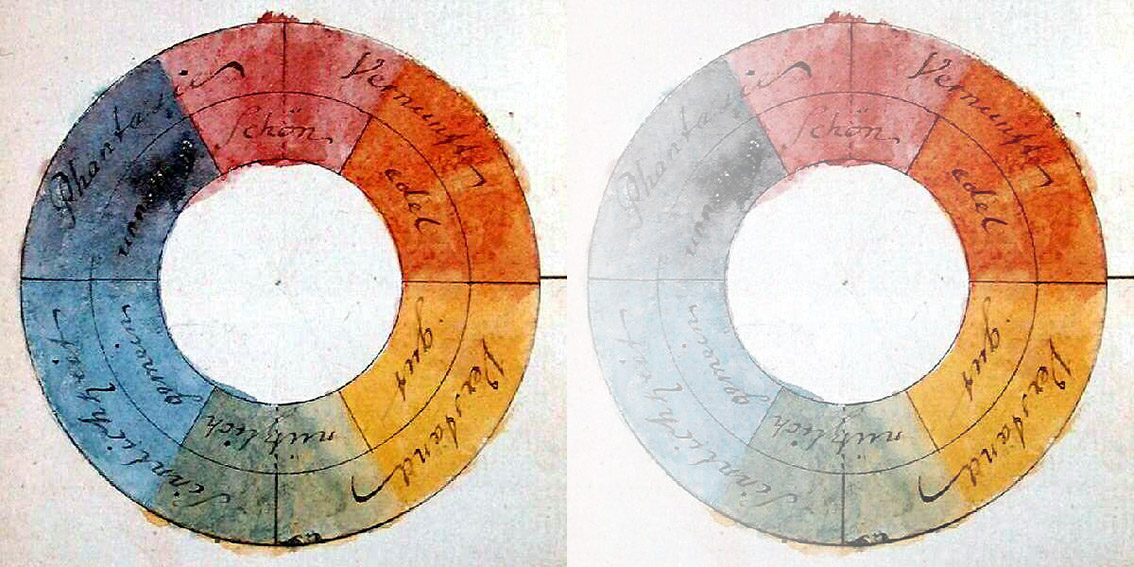
Unsere Welt ist voller Farben. The light of the sun consists of radiation of different wavelengths, which we perceive as white light when they are
